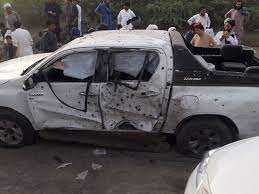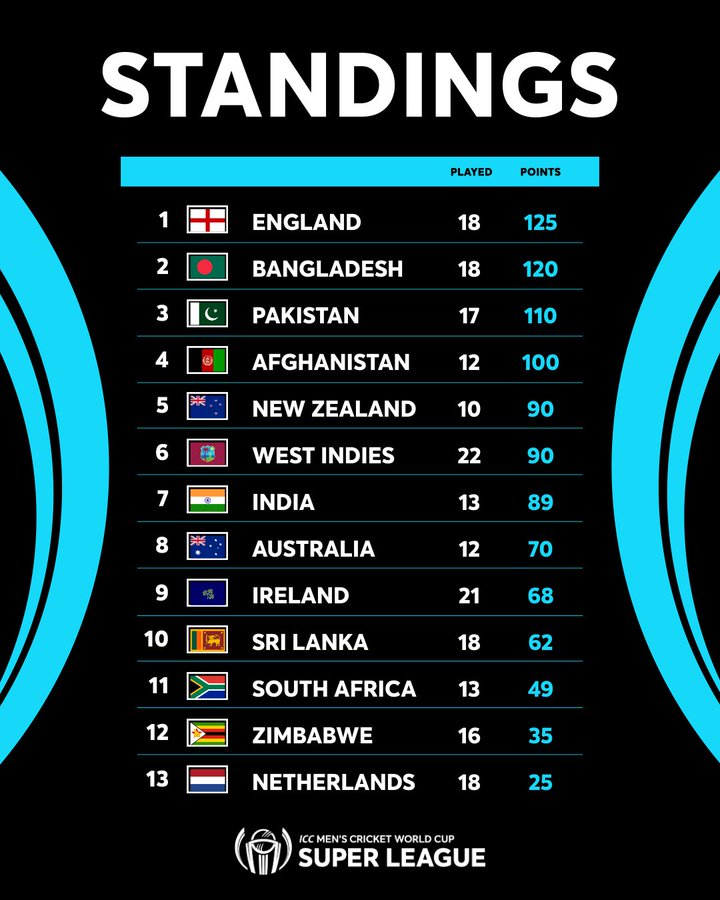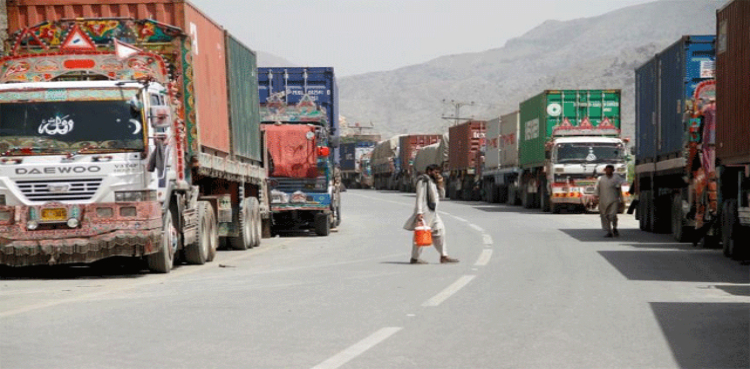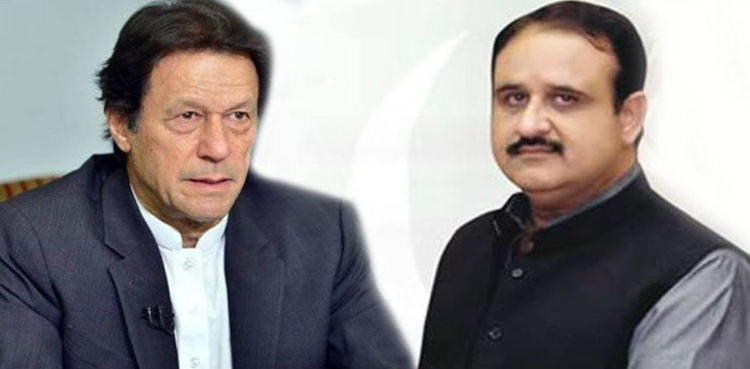Pakistan and China on Wednesday signed multiple Memorandums of Understanding (MoUs) and agreements for bilateral cooperation in the areas of commerce, communication, transport, food security, health, and others.
Caretaker Prime Minister Anwaar-ul-Haq Kakar and Chinese Premier Li Qiang witnessed the signing of MoUs at a ceremony held in Beijing on the sidelines of the Third Belt and Road Forum (BRF).
The two countries agreed to further strengthen high-level dialogue and engagement besides deepening the political, economic, education, science and technology, cultural, and people-to-people relations.
Accompanied by their ministers and senior government officials, the two leaders reaffirmed the time-tested and iron-clad friendship between Pakistan and China.
PM Kakar extended felicitations to the Chinese leadership on the successful holding of the BRF.
Noting the depth and breadth of the Belt and Road Initiative (BRI), the premier termed it as a project of immense significance for the world in terms of connectivity and shared prosperity.
The two leaders discussed bilateral collaboration in the context of the China-Pakistan Economic Corridor (CPEC) and prospects of further deepening economic linkages.
PM Kakar underscored the importance of CPEC for Pakistan’s economy and noted with satisfaction its expansion into new areas of development — including industrial development; livelihood projects; ICT; mining and minerals exploration and agriculture.
He expressed confidence that Chinese investment in Special Economic Zones (SEZs) will contribute to the diversification of Pakistan’s export basket and expansion of its industrial base.
Meanwhile, Premier Li underlined the steady growth of bilateral cooperation and noted the positive momentum of CPEC projects. He hoped that leadership consensus would give a further boost to trade and economic relations between the two countries.
Other areas of cooperation that Pakistan and China agreed on include MLI, connectivity, research, media exchanges, space cooperation, urban sustainable development, capacity building, mineral development and industrial cooperation, climate change, and vaccine development.

















































